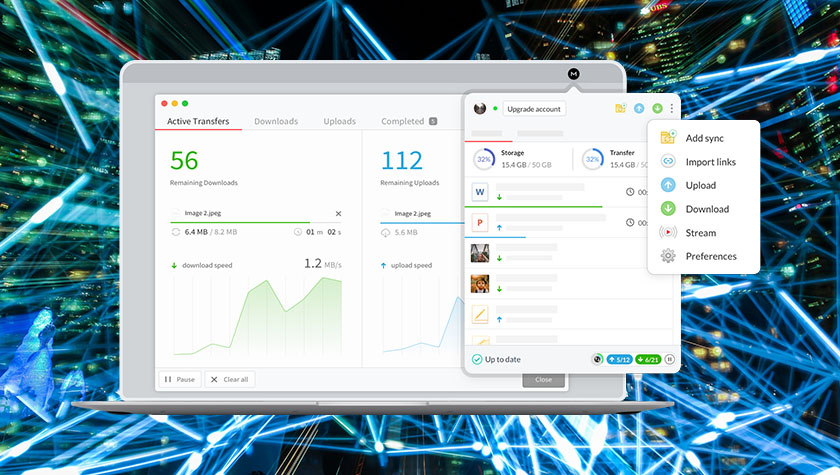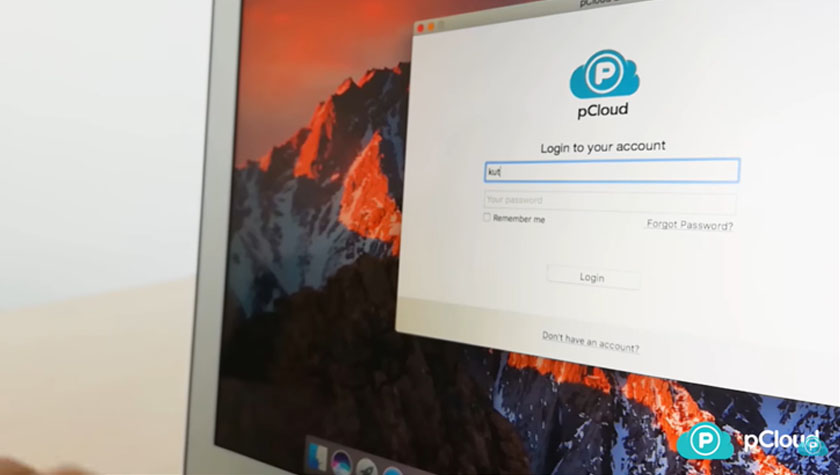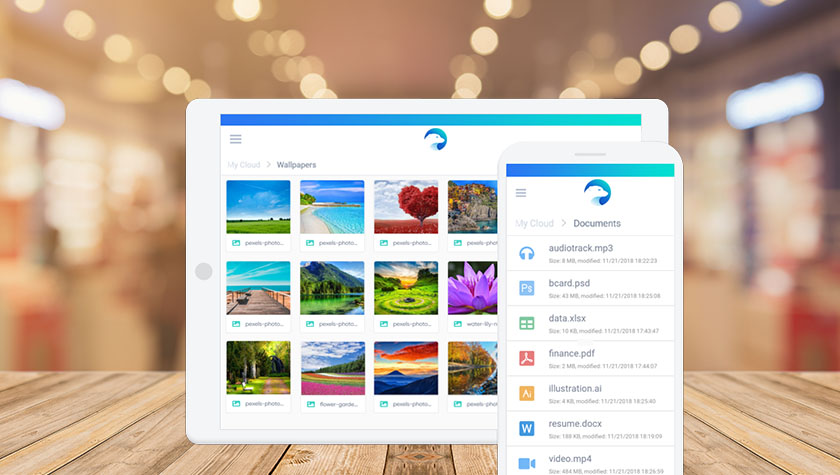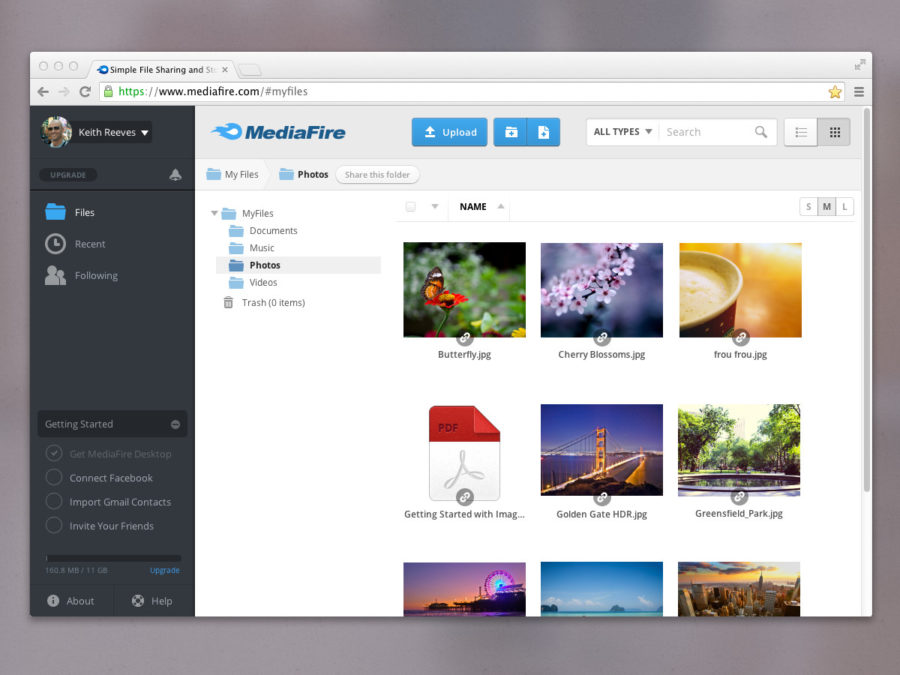Apple's new iCloud feature for iPhone, iPad and Mac will have you kissing Dropbox goodbye - CNET |
| Posted: 13 Apr 2020 03:29 PM PDT  At the end of March, Apple gave iPhone, iPad and Mac owners yet another option to share folders of important documents and photos. Instead of relying on third-party service such as Dropbox, a software update from Apple added the ability to use your iCloud Drive storage to share a folder, whether it's a work presentation, a collection of GIFs between friends or your kid's remote learning homework. Not too long ago, Dropbox was the service to use for storing and sharing files and folders online. With Apple's iCloud platform expanding beyond single-file sharing, I don't see myself ever sharing files with Dropbox again. I've been looking for a Dropbox replacement since March 2019 when the company announced free users would be limited to linking their account to only three devices. And with most of my family and friends using Apple products, the fact that iCloud Drive is already built in should make the transition easier for everyone involved. Especially me. Turning on and tailoring settings for a shared folder aren't all that obvious, but once you know where to look, the process is simple.  You can share or access shared iCloud folders on any Apple device running the latest software. Dan Ackerman/CNETBefore using iCloud Drive, read thisHere are a few things to be aware of before you start sharing folders with colleagues or family members:
 Open the Files app to share a folder with just a few taps. Screenshots by Jason Cipriani/CNETShare a folder on iPhone and iPad1. Open the Files app and select iCloud Drive from the Browse tab. 2. Tap Select in the top-right corner of your screen, then tap on the folder you want to share. 3. Select the Share button, followed by Add People. 4. Before you can copy or send a link to the shared folder, you'll need to enter email addresses or phone numbers for the people you want to grant access to. 5. Use Share Options to adjust permissions, including allowing anyone with the link to view or edit the folder.  Sharing a folder from your Mac takes a couple of clicks. Screenshot by Jason Cipriani/CNETShare a folder on a Mac1. Open Finder and select iCloud Drive. 2. Select the folder you want to share and click on the Share button at the top of the Finder window. 3. Click on Share Options to set your sharing permissions. 4. Choose how you want to send the link, then click Share. 5. Finder will add the email address or phone number you send the link to the approved access list.  Sharing files and folders make it easy to collaborate and stay productive. Óscar Gutiérrez/CNETOnce a contact accepts the shared folder invite, it will show up in their iCloud Drive account. They'll have access to its contents and, depending on your permissions, will be able to add, edit or delete files in the folder. Each file will have a contact's name next to it, letting you know who added it to the folder. In my testing thus far, I have yet to receive a push alert of notification of any kind when someone has altered a file or added items to a folder. Hopefully, that's something Apple will add in a future update. To view a list of shared folder members, select the folder in Files or Finder, click on the share button, but this time select Show People. You can remove anyone who has access by selecting their name > Remove Access on an iPhone or iPad, or by clicking on the three-dot menu button next to their name > Remove Access on a Mac. Once you've started sharing some folders, make sure you know how to maximize your iCloud storage by getting rid of old device backups. If you've just started using a Mac, change these settings right away. iCloud folder sharing wasn't the only new addition to iOS and iPadOS 13.4, the iPad now has true trackpad support. |
| Free cloud storage: Which providers offer the most space - Android Authority Posted: 03 May 2020 08:29 AM PDT There are plenty of free cloud storage providers available, although not all of them are the same. They differ from one another in terms of features and the free space they offer. In this post, we take a look at the 10 best free cloud providers that offer the most storage. But keep in mind that this list only contains reputable and well-known companies we're willing to recommend. There are other providers out there that offer more free storage, but some of them are brand new to the market and seem sketchy because they try their hardest to keep their details (location, phone number, address…) hidden. Not every provider is trustworthy. Uploading sensitive files to a cloud managed by a company that may have bad intentions is not a good idea. And if the provider is brand new to the market and their business plan doesn't go as imagined, it can close shop overnight, possibly leaving you without access to your files. What is cloud storage, anyway? If you already know what cloud storage is, how it works, and why you should use it, feel free to skip this section and scroll down to check out the list of the best cloud storage providers. Everyone else, keep reading. The concept of cloud storage is easy to understand. The cloud is basically just a remote database. It's a server maintained by the provider that lets you store your images, videos, documents, and other files. To access the files, all you need is your account login info and an internet connection.
But, why not store everything on my PC instead, you ask? One of the reasons is that by storing files to the cloud, you can access them from any device with an internet connection. If you store files on your PC, you can only access them from that PC. Another reason is that your files are safer in the cloud then they are on your PC. If your computer can get damaged, lost, or stolen, you can say goodbye to all those vacation photos and your movie collection. You can also share files with other people more easily from the cloud, especially larger ones that can't be attached to emails because of size limits. An additional benefit of cloud storage comes into play when you buy a new PC. Instead of manually transferring your data from your old device to the new one, you can just log into your cloud account and, voila, all your files are right there on your new machine. Of course, cloud storage isn't perfect. It has its share of problems that you need to be aware of. The biggest one is that if someone gets ahold of your account login info, they'll be able to get access to all the files stored in your account. You also need an internet connection to view the files in the cloud, which may cause problems for some at times — especially road warriors. Best free cloud service providers by storage:Editor's note: We'll update this post with new providers once they launch or when current ones make changes to their free plans. 1. Degoo — 100GB of free cloud storageDegoo is far ahead of the competition, offering a whopping 100GB of free cloud storage. However, the service has a number of limitations in place you have to be aware of. The biggest one is that you can only upload files from one device. There's no such limit for viewing or downloading files, though — you can do that on as many devices you want. The service is supported by ads, and you have to log in at least once every 90 days to make sure your account stays active. With that in mind, Degoo definitely isn't the most user-friendly cloud service on this list, but it does offer plenty of storage. The nitty-gritty:
2. Mega — 50GB of free cloud storageCo-founded by the controversial Kim Dotcom, Mega comes in second on this list by offering 50GB of free storage. But there's a catch: the 50GB is available for the first 30 days only, after which the storage gets bumped down to 15GB. You can get extra storage by installing the desktop app (20GB) and the mobile app (15GB), although both expire after 180 days. You also get an additional 10GB of free storage for one year when a friend of yours signs up for the service. Mega technically doesn't have a size limit for the files you upload, but it does have bandwidth limit that's pretty strict. You can upload a maximum of 1GB of data every six hours, which obviously means that the largest file you can upload is 1GB. The nitty-gritty:
3. Google Drive — 15GB of free cloud storageThis is the cloud service I recommend to most people, provided they don't need more than 15GB of storage. It's super easy to use, is available on all the major platforms, and doesn't contain ads. But one thing to keep in mind is that the 15GB of storage is shared between Drive, Gmail, and Photos. Google Drive is well integrated with Gmail, allowing you to quickly save email attachments to Drive. The service also lets you share files with ease and allows you to easily back up your devices. This is by far my favorite cloud storage service. The nitty-gritty:
4. Box — 10GB of free cloud storageBox is a popular and well-known cloud storage provider. It's 10GB of free storage is generous, although not market-leading. There's a file size limit in place for uploads that is set at 250MB. The service offers standard features you get with most other providers. You can create folders to organize your files, share files with just a few clicks, and access your files from different platforms, among other things. The nitty-gritty:
5. pCloud — 10GB of free cloud storageThis provider isn't as popular as Google Drive or Box, but it's a great one nonetheless. You get 10GB of cloud storage for free and there's no file size limit in place for uploads. pCloud is packed with loads of great features. You can share files with ease, access your files from multiple devices across different platforms, and recover and access older versions of your account — up to 30 days. The service even has a built-in video and audio players. If you need more storage, you can opt for a monthly plan or a one-time "lifetime" fee. The nitty-gritty:
6. Icedrive — 10GB of free cloud storageIcedrive is a relatively new player on the market — it launched in January 2019. You get 10GB of free storage and a daily bandwidth of 3GB, which limits the size of the files you can upload. Since it's a newcomer, it doesn't offer all the features you get with some of the bigger players. There's no two-factor authentication available, nor is there file versioning. But Icedrive still has the main features you'd expect from a cloud storage and is a solid option overall. The nitty-gritty:
7. MediaFire — 10GB of free cloud storageMediaFire lets you store and share files with ease, with free users getting 10GB of free storage. Individual files are limited to a maximum of 4GB per upload. The service lets you upload multiple files at once and can be used on various platforms including Windows, Android, and iOS. It supports all the major files out there, allowing you to upload images, videos, documents, and more. Unfortunately, the service is supported by ads, which can get annoying fast. The nitty-gritty:
8. MiMedia — 10GB of free cloud storageThis cloud storage is mainly focused on media files (images, videos…), although you can store documents and other files as well. Users praise the service for its fast upload speeds as well as a decent amount of free storage at 10GB. There's a 5GB file size limit for uploads, which is quite generous. Apps are available for PC/Mac, Android, and iOS, so you can upload files and get access to them regardless of the device you're using. The nitty-gritty:
9. Syncplicity — 10GB of free cloud storageSyncplicity doesn't stand out from the crowd, but it still gets the job done. You get all the basic features like the ability to sort files by folders, share files with others, and even tag them. The good news is that, unlike some other providers, Syncplicity doesn't have a file size upload limit in place. You get 10GB of space for your images, videos, documents, and other files. The service is available on all the major platforms and offers paid plans for those looking for extra storage. The nitty-gritty:
10. OneDrive — 5GB of free cloud storage The last free cloud storage service on this list is Microsoft's OneDrive, which offers the least amount of space at just 5GB. But you can use it as part of your Microsoft account — if you already have one — so you don't need to sign up for the service separately. In addition to all the basic features you'd expect from a service like this, OneDrive also comes with a Personal Vault that adds an additional layer of security for those extra sensitive documents. But on free accounts, you can only store up to three files in it. The nitty-gritty:
Where's Apple, Dropbox, Amazon….? There's a reason why the list above lacks a few big names. Apple's iCloud service only offers 5GB of data, just like Microsoft's OneDrive. But unlike OneDrive, iCloud is primarily aimed at those who own an Apple device. And if you sign up for the service with a PC, you only get 1GB of storage instead of five. Nevertheless, it's a great service overall if you're an Apple user and we have no problem recommending it, but just keep the storage limit in mind. If you need more space, opt for one of the providers mentioned in this post. Read next: How to backup your Android phone to the cloud Dropbox is another great service that we recommend, although it didn't make our list because it only offers 2GB of free cloud storage. That's not much, but if it's enough for you, we're confident you'll be happy with the service. Amazon Drive is also a great service, offering 5GB of free storage to its users. That's on par with OneDrive we included on our list, but we recommend Microsoft's solution over Amazon's because it's more feature-packed and easier to use. Remember: Storage isn't everything More free storage is always better, but it's not the only thing you should focus on. For example, while Degoo offers the most storage at 100GB, I wouldn't recommend it to users who don't need that much space. The service has loads of limitations in place, one of them being that you can only upload files from a single device. So before you sign up for a service, try to figure out how much online storage you actually need. If you need more than 50GB, then something like Degoo is your best option. But if just 10GB or even less will do, a service like Google Drive is a much better option. There you have it — these are the 10 best cloud storage providers that offer the most space. We'll update this post when new providers launch or current ones make changes to their free plans. In the meantime, let us know which of the services listed in this post would you consider signing up for. |
| You are subscribed to email updates from "windows cloud storage,dropbox pricing" - Google News. To stop receiving these emails, you may unsubscribe now. | Email delivery powered by Google |
| Google, 1600 Amphitheatre Parkway, Mountain View, CA 94043, United States | |









Comments
Post a Comment